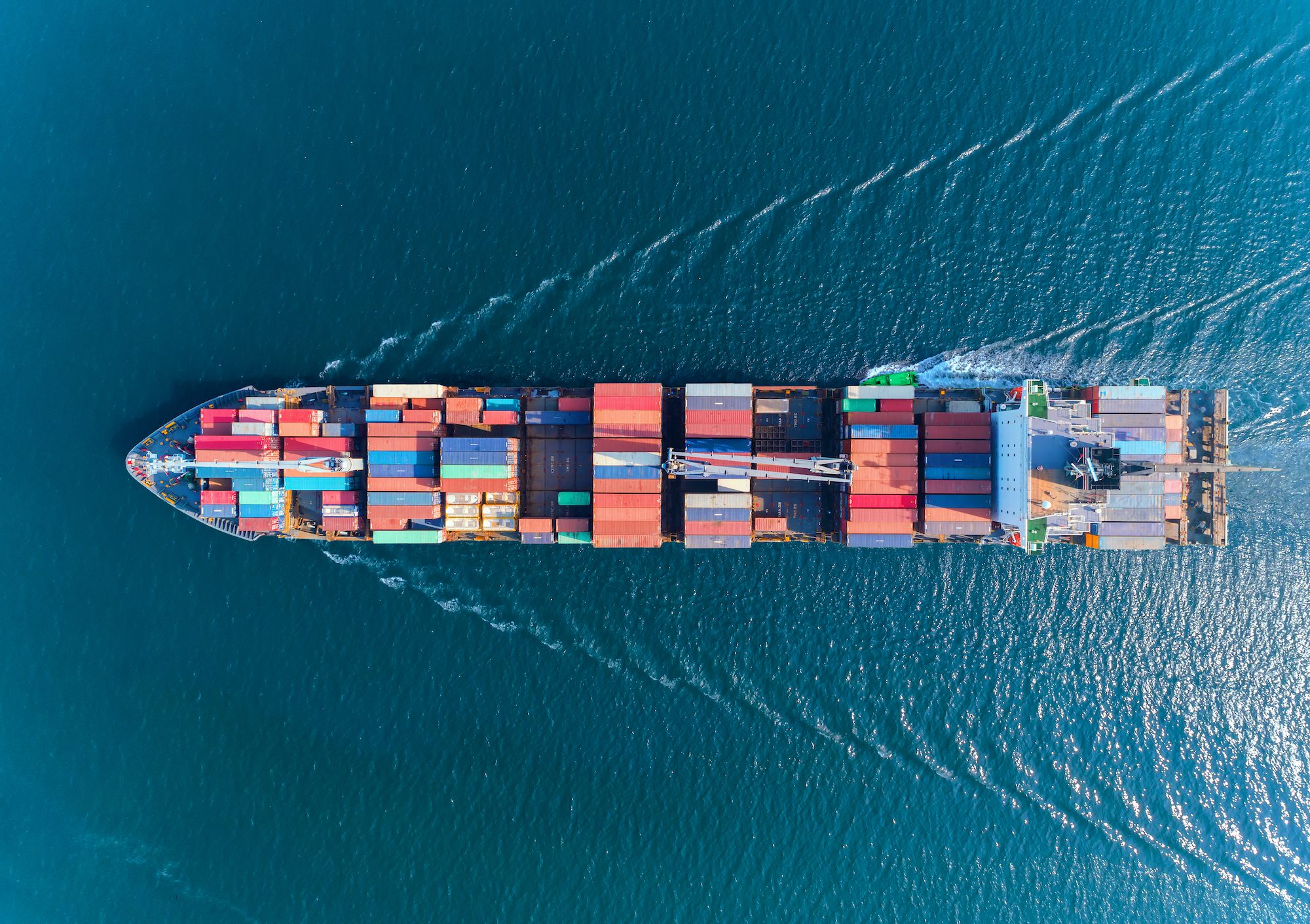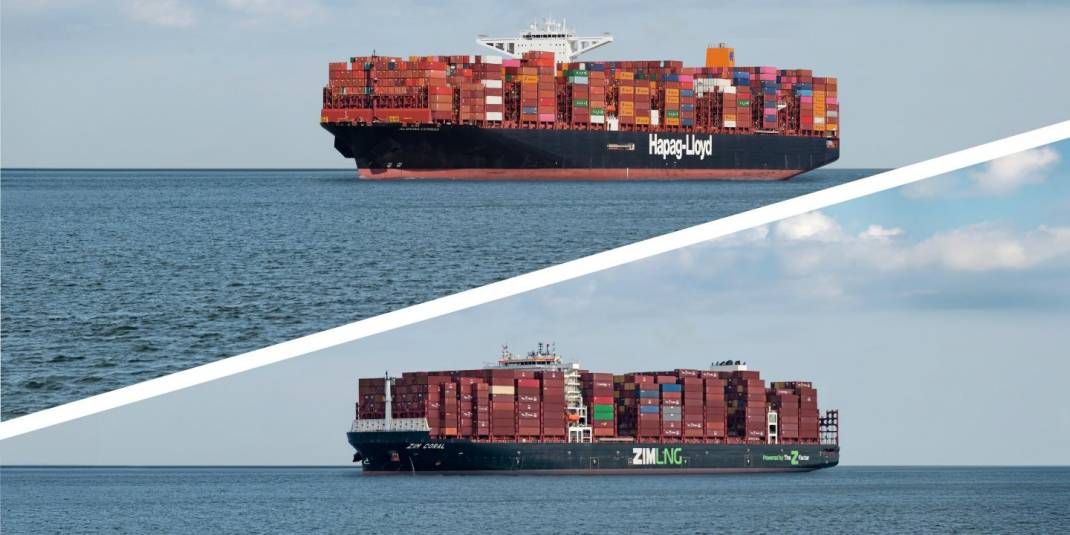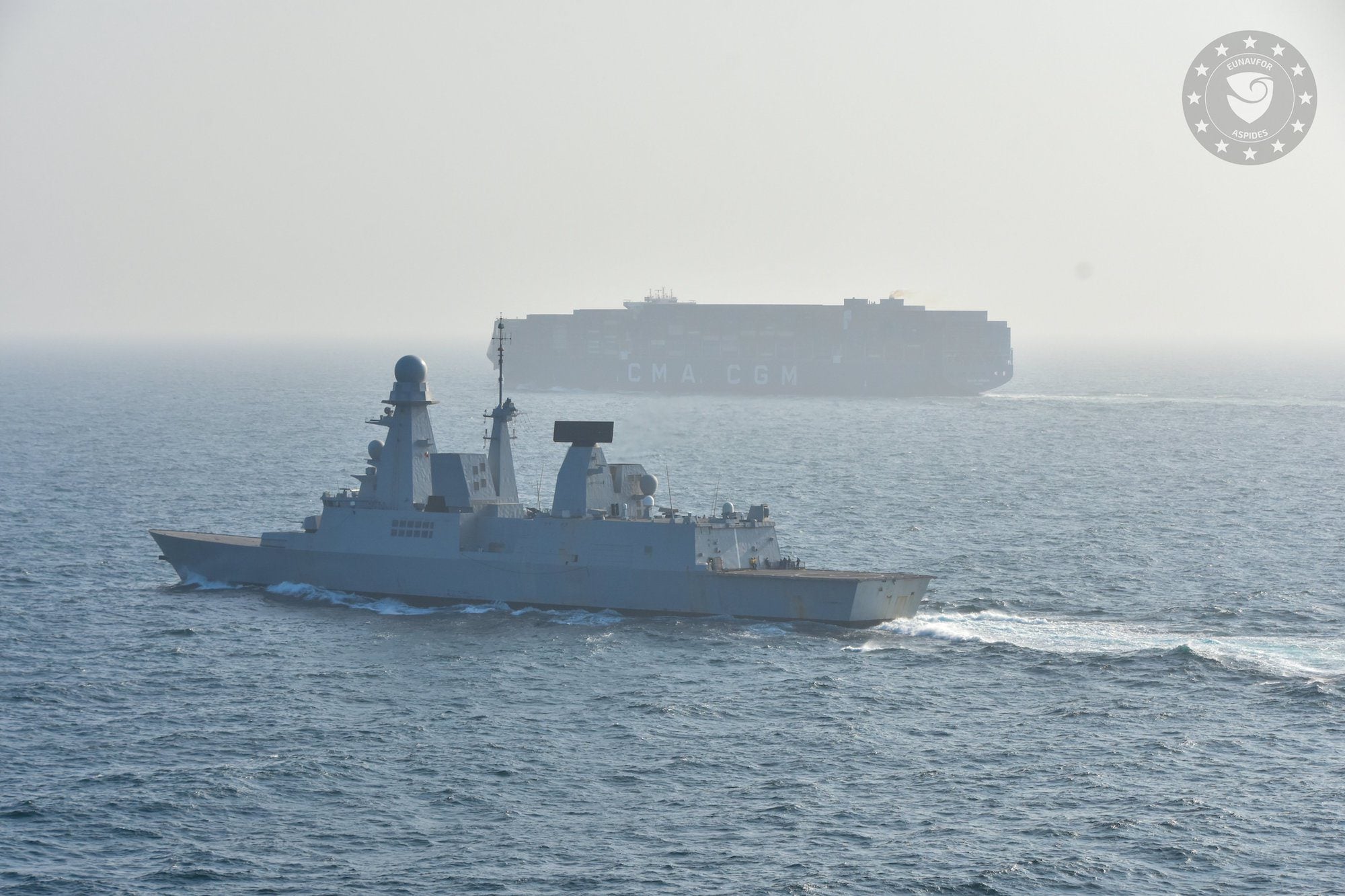Shipping rates are expected to continue their upward trend in early February due to the ongoing crisis in the Red Sea, according Xeneta’s freight rate benchmarking platform.
The platform’s projections are based on over 400 million data points and rates provided by customers for the first week of February.
Xeneta’s data indicates an 11% increase in average short-term rates from the Far East to the Mediterranean by February 2nd, reaching USD 6507 per FEU. This represents a staggering 243% increase since the escalation of the Red Sea crisis in mid-December.
Rates from the Far East to North Europe are also on the rise, projected to increase by 8% by February 2nd, with a market average of USD 5106 per FEU. This marks a 235% increase since mid-December.
The most significant increase in rates, however, is expected on routes from the Far East to the US East Coast. Xeneta’s data suggests a 17% increase by February 2nd, bringing the average short-term rate to USD 6119 per FEU, a jump of 146% since mid-December.
“Carriers are trying to readjust services to make up for the additional sailing time around the Cape of Good Hope. For example, they are cutting journeys short, missing port calls and increasing sailing speed,” said Peter Sand, Xeneta Chief Analyst. “However, despite this, the early data from Xeneta suggests rates will continue to rise as we head into February.”
Although the market is expected to continue rising, there are early signs of factors that could lead to a decrease in rates post the Lunar New Year peak. Sand noted that the Red Sea crisis had resulted in a capacity problem rather than a demand issue, creating a significant market imbalance.
Interestingly, carriers are reportedly no longer offering their most expensive premium services, which guarantee shipment during periods of extreme pressure on capacity.
“This may suggest there is a waning demand for this level of service because the urgency is fading from the shipper side, or perhaps it is because capacity is available after all, despite the chaos caused by carriers pausing transits through the Suez Canal,” said Sand.
Editorial Standards · Corrections · About gCaptain

 Join The Club
Join The Club











